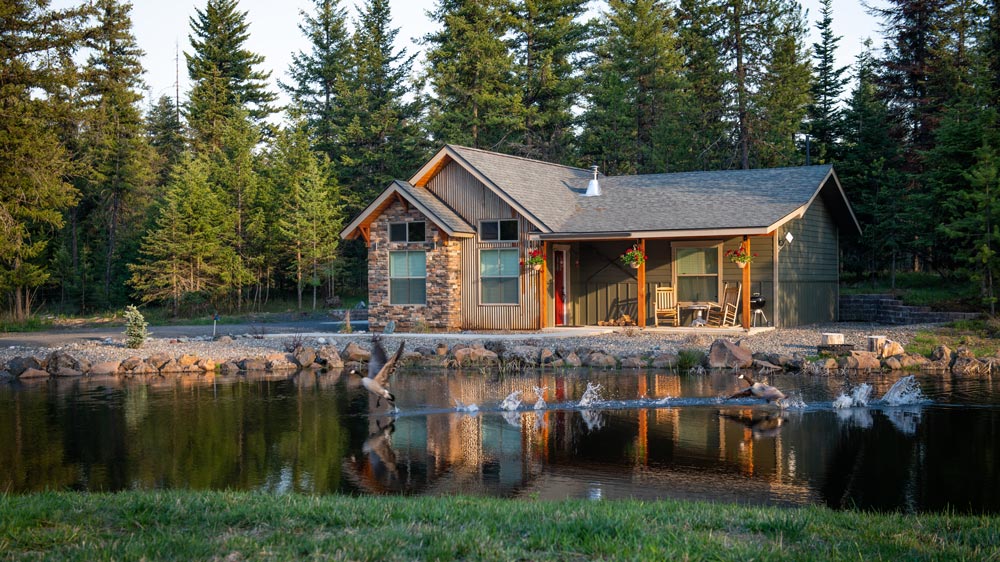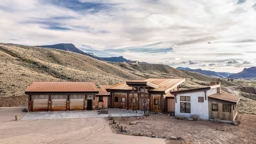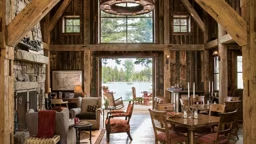
Has your family outgrown your cozy little cabin deep in the woods? If you’re thinking about adding on another bedroom, don’t lift a hammer until you have figured out one thing: insurance.
It’s easy to overlook, but the proper coverage can save you big bucks and a lot of headaches. Protect your property (and your pocketbook) with these steps.
Protecting Your Cabin: During a Renovation
-
Talk to your insurance agent. Find out how to update your homeowner’s policy to cover the remodeling changes.
-
Have an expert assess how much the finished work will add to the value of the property. Increase your policy by that much before work even begins. This will ensure coverage during the renovation.
-
Ask to see your contractor’s certificate of insurance. It will tell you what types of insurance he carries and any policy limits. Verify that the policy includes liability insurance, worker’s compensation and auto coverage. Have the contractor’s insurance agent send it to you directly to prove that it’s current.
-
Make sure that all subcontractors have insurance, or that the contractor’s insurance extends to them.
-
If it’s a DIY renovation, review your own policy for liability and property damage. If you hire friends or subcontractors, you may be held responsible if they are injured on the job. Ask your agent about a builder’s risk policy (sometimes called a “course of construction” policy).
-
If the contractor doesn’t carry it, ask him to purchase it or get it yourself. It will insure materials on the job site and cover any physical damage to your cabin during construction. However, it won’t cover property of others, tools, bodily injury or workmanship, so make sure other policies are in place for these.
Protecting Your Cabin: After Renovation
Statistically, remote cabins are more susceptible to theft, vandalism and fire and water damage. Following your renovation project, use these tips to reduce risk:
-
Remove valuables when you leave, or store them in secure places.
-
Install deadbolt locks, smoke detectors, fire extinguishers and even a central alarm system.
-
Hire a caretaker, or ask a neighbor to check in on your cabin when you’re not there.
-
Maintain occupancy with rental tenants.










